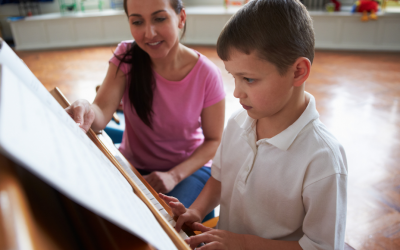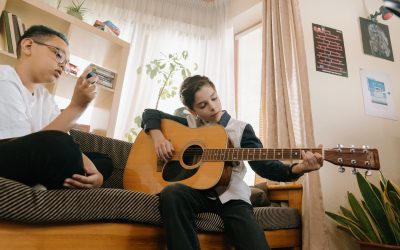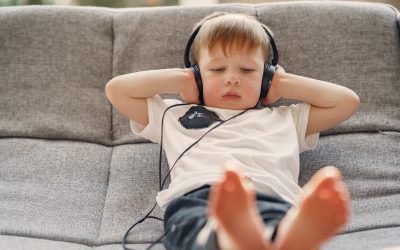facebooktwitterpinterestinstagramyoutubePrivate piano lessons can be very expensive even under normal circumstance, however, over the years, while consulting and helping parents I have seen tons of really terrible mistakes that they make, which in turn end up costing...

5 Essential Reasons Why Your Child Needs To Learn Music Theory
5 Essential Reasons Why Your Child Needs To Learn Music Theory
In my opinion learning to play the piano without the knowledge of music theory, is like going to the gym but not learning about nutrition and eating right, and wondering why you aren’t losing weight even though you are doing everything right at the gym.
But…
Has anyone ever told you that learning music theory is optional for kids learning to play an instrument?
In my case, when I tell parents that their kids need to learn music theory, they always tend to shrug it off, saying one or more of the following
‘Oh, isn’t that just about memorizing and learning notes, what good will that do?’
‘I’ve heard that learning too much theory might limit his creativity.’
‘Too much analyzing does not translate to anything.’
‘Too hard and boring and not worth the effort.’
‘Oh, it will only take away from playing time and will be a waste.’
There are tons of other reasons that I’ve heard for not wanting to learn music theory, but I’m going to stop right there for now and give you 5 reasons why your child HAS to learn music theory.
So let’s get started.
Have you ever listened to a beautiful piece of music and wondered if your child will ever be able to bite and play music like that?
Well, he won’t, unless he actually learns music theory.
So what are some other reasons why he should learn music theory?
To Understand Chord Progressions
I know that sounds very complex, but put very simply, chords progressions help to fill music and make it sound very melodic.
Learning and understanding chord progressions also will help your child to modify musical pieces and customize the melodies, or create whole new melodies.
Play Very Complex Pieces
Playing by ear alone, isn’t enough and often will leave your child unable or struggling to play very complex pieces of music.
Whereas, with a knowledge of music theory, he will be able to put everything together faster and not only play very complex pieces, but also create complex pieces of his own.
Excel At Creating & Arranging Music
Yes, this is an expansion of the previous point and not only will a knowledge of music theory enable your child to excel at creating new pieces but he will also be able to arrange and rearrange existing pieces of music.
Be Able To Play More Than One Instrument
Wouldn’t you love to watch him be able to play more than one instrument?
Learning music theory will definitely help propel him in that direction.
Helps Visual, Auditory And Kinaesthetic Learners
Music theory helps those who are not only auditory learners but also the visual and the kinaesthetic learners. Thus, no matter what type of learner your child is, he will be able to make the most of his learning style.
Over to you.
Do you agree that a knowledge of music theory is essential?

Karen Cadera
Founder/Creator
Mom, Teacher, Minimalist, Zero Waste Enthusiast, Multi Pod.
My daughter loved the games, but there were also worksheets and videos. The weekly lesson plans were complete, and I never questioned what I should be doing next.
This program reminded me (and allowed me to teach my son) how to read music. To me, that was the most important thing that we learned together. Of course, it was very rewarding for me to watch my son play the piano with both hands at the same time, while reading sheet music. His favorite parts of the course were actually playing the songs and doing the worksheets provided.
Articles That Maybe Of Interest To You
11 ‘Terribly’ Expensive Mistakes Families Make When Paying For Private Piano Lessons
4 Absolute ‘Must Know’ Ways To Help Your Budding Composer Excel In The Homeschool
facebooktwitterpinterestinstagramyoutubeDo you have a child that is great at creating his or her own music? Even if you don’t think that they he/she is great at it, know that all great composers started somewhere and your child may have the potential to be one as...
3 ‘Shockingly’ Simple Ways To Teach Children To Appreciate Different Genres Of Music In The Homeschool
facebooktwitterpinterestinstagramyoutubeI guess you are surprised to know that there are a variety of very simple ways in which, you can teach your kids to appreciate different genres of music in the homeschool. Yes, even if you have no background in music and no...





